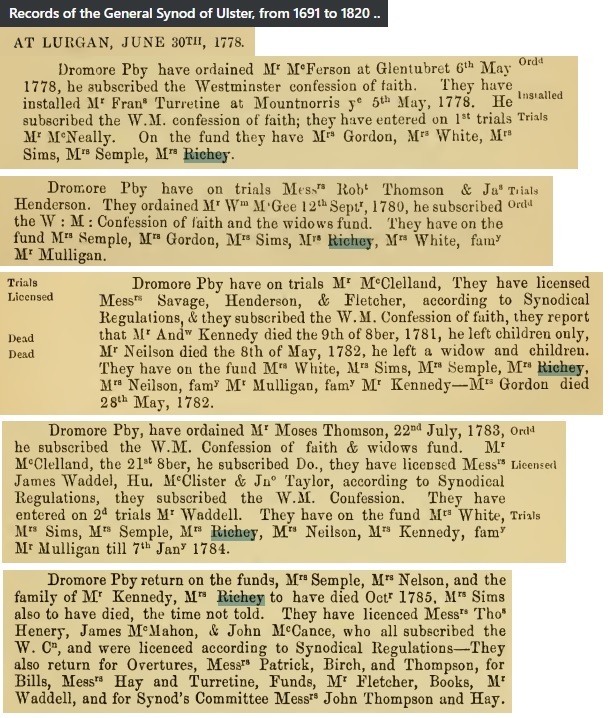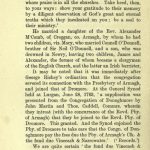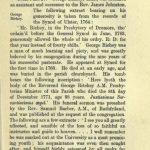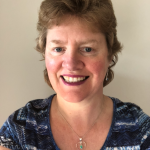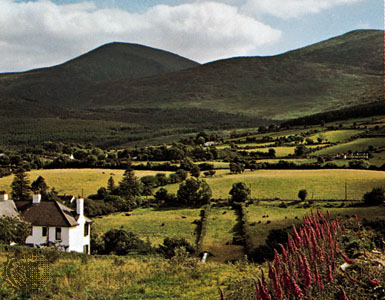
Newry Down Northern Ireland
The Rev George Richey was born around 1732 near Newry, County Down, Northern Ireland, son of Charles Richey.
His date of birth is taken from his age at death in 1771, which was just 38 years old. His obituary also mentions he has a son James practising as a minister by 1771. He died at Fairview, on the outskirts of Newry.
It is believed George had three siblings, Grizzel, James and Elizabeth.
George married Elizabeth McCombe, daughter of well known local Presbyterian dissenting minister, the Rev Alexander McCombe, around 1750.
Elizabeth McCombe was born around 1733 in Altnamachin, Armagh, and most likely baptised by her father. She had a sister Esther who married Nathanial Carlile. Nathaniel’s father David Carlile appears in the 1765 Religious Census of Newry, Down as a dissenter (Presbyterian).
George was educated at the University of Glasgow in Scotland, and matriculated in 1759. His entry in the Glasgow University Matriculations, in latin, states he was the eldest son of Charles Richey a merchant in County Antrim.

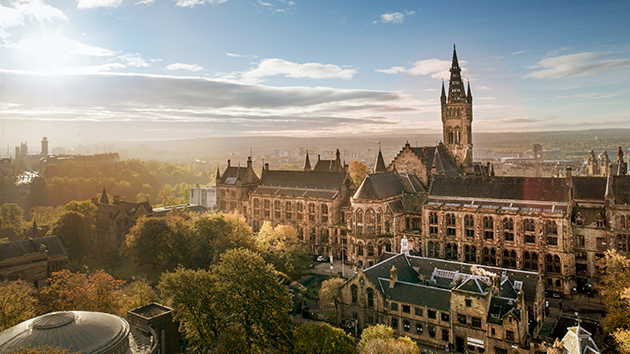
University of Glasgow
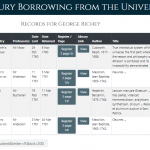
‘Eighteenth Century Borrowing From the University of Glasgow’ website
Amazingly the Library Borrowing Register is available online for the University of Glasgow, and four entries were found for George when he attended there in the 1760s. (Click on the image to the left). A transcription and copies of the original register are also available for viewing.
It seems he borrowed books from the library on 6 November 1760, and then three in March 1761. The register also names which professor he was studying under, and which classes they were for (Philosophy and Theology).
On 3 November 1764 George appears in Irish Deeds Registry –
A memorial of an indenture of lease dated 03-Nov-1764 whereby William Stuart of Newry, Co. Down, Merchant demised to the Rev. George Richey of Donaghmore 14.3.25 a.r.p. of the townland of Cargaghbane, Barony of Iveagh, Co. Down for a lease of 20 years, the rent being £5.14.3 for the first 2 years and then £8.18.10 ½ for the remainder of the term. A further 13 year term may follow the first 20 year term.
Registry of Deeds, RD 240-579-156985 STUART TO RICHEY, dated November 3rd, 1764, registered October 5TH, 1765. Available: https://www.familysearch.org/ark:/61903/3:1:3Q9M-CSN1-DWX3?i=296&cat=185720
His name is recorded in the lease document as George Ritchey and Richey. Cargaghbane is in the Electoral Division of Donaghmore, in Civil Parish of Donaghmore, in the Barony of Iveagh Upper, Upper Half, in the County of Down. The Townland of Cargabane lies immediately to the West of the Townland of Ringbane.
Ringbane is in the Electoral Division of Donaghmore, in Civil Parish of Donaghmore, in the Barony of Iveagh Upper, Upper Half, in the County of Down.
Elizabeth McCombe, the daughter of Rev. Alexander McCombe, married Rev. George Richey on or about April 9th, 1766. On February 22nd, 1763, an Elizabeth McCombe of Ringbawn, Co. Down, Spinster, witnessed one of her father Rev. Alexander McCombe’s land deeds in Altnamacken, Co. Armagh. Presumably, Elizabeth McCombe was living in Rev. George Richey’s Parish of Donaghmore in the years leading up to their marriage.
In 1766 a religious census survey was taken across Ireland. Some suggest it was for ecclesiastical administrative purposes, others suggest security reasons. Just two months before the authorisation by Parliament to take the census, the Old Pretender (the son of the exiled Catholic King James II of England, who the Pope recognised as the legitimate king of Great Britain) died.
On his death, the Pope acknowledged the ruling Protestant monarchy as legitimate. This effectively removed the threat of Rome-inspired rebellion among the Catholics of Ireland.
So Parliament then instructed all archbishops to direct their parish ministers to provide a list of all the parish families, distinguishing the Protestants and Catholics. Fragments of this census survive, including a 1766 Religious Census for Dungannon naming a George Richy, protestant. The Public Record Office of Northern Ireland records the following:

Dungannon is two miles from Donaghmore where the Rev George preached.
In 1767, George Richey appears on another Irish Register of Deeds document No 165039 as a witness – A memorial of an indenture of assignment dated 27-Feb-1767 whereby Robert Eager of Cargochbane, Parish of Donaghmore, Co. Down assigned over to John Wier of Tullymurrey part of the Townland of Cargochbane bounded on the South side by Mr. Richey’s concern for a lease of 15 years at £31.10.9.
Registry of Deeds, RD 250-391-165039 EAGER to WIER, dated February 27th, 1767, registered April 30th, 1767. Available: https://www.familysearch.org/ark:/61903/3:1:3Q9M-CSH3-SWWL-G?cat=185720
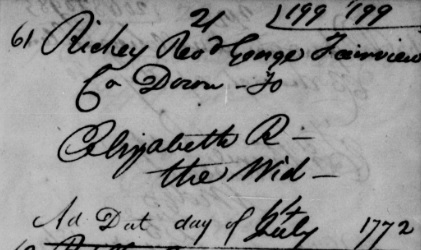
George Richey Rev Bethams Genealogical Abstracts 1772 FMP
George and Elizabeth appear in the Betham Genealogical Abstracts for Ireland, created by Irish herald Sir William Betham, whose notebooks are a substitute for some of the records lost in the 1922 Public Record Office fire in Dublin.
George’s record states he is of Fairview, Down, Northern Ireland, and in his will of 1772 his main beneficiary was his wife Elizabeth, his widow.
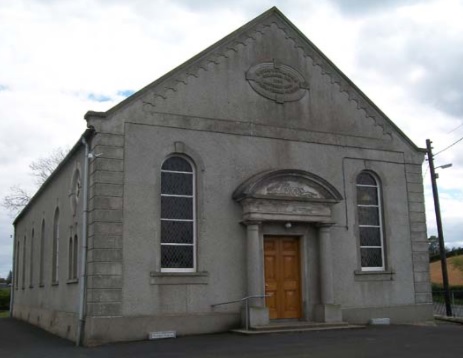
Donaghmore Presbyterian Church
George Richey was ordained into the Church of Ireland as assistant to the Rev James Johnston on 27 June 1763 at the Donaghmore Presbyterian Church, Dromore Parish, County Down, Northern Ireland.
He served at the this church in Corcreechy Rd, Lisserboy in the Newry Parish from 1763 until his death in 1771.
George attended university, and was later described as ‘a man of much learning’.
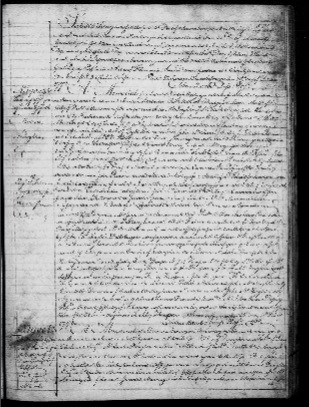
Marriage Settlement of Elizabeth McCombe 1772
In 1766 George is named in the marriage settlement and land deed with his wife Elizabeth McCombe, daughter of Alexander McCombe of Fewes, Armagh, Ireland.
The marriage settlement memorial document can be found and downloaded on FamilySearch here.
In the Belfast Newsletter (newspaper) of 27 March 1767, while George was preaching at Donaghmore, county Down, his church appears in the news having had “15 windows broken and one of the doors abused”.
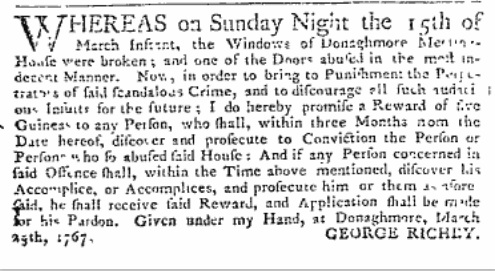
Belfast Newsletter 27 Mar 1767
It seems the Rev George had rallied support and then a couple of months later posted an advertisement calling for tenders to rebuild his meeting house.

George was leasing 40 acres from his father in law the Rev Alexander McCombe of Ozier Hill, County Armagh, reflected in a lease document held at the Public Record Office of Ireland. The rent was one pound per annum, renewable forever.
The deed is dated 26 Feb 1772 between George Richey of Donaghmore, Co Down, clerk and Elizabeth McCombe, daughter of Alexander McCombe. It seems George, on his wife’s behalf, was to receive 250 pounds after the solemnisation of his intended marriage.
Elizabeth’s (Rev George’s wife) sister Esther was also provided with a marriage settlement to her husband Nathaniel Carlile, which is the next deed in the series. It seems not long after the girls father married his second wife, the Rev Alexander ran off to the Deeds Registry Office to make sure his first two children were well provided for, in case he predeceased his second wife.
George and Elizabeth had only two children –
- Alexander , born around 1752. Alexander worked as a merchant in the linen trade, in Newry, Down, Northern Ireland. According to his father’s obituary in 1771, he drowned in 1799 Newry. He had six children, with his five sons all working in the linen trade in Dublin.
. - Mary, born around 1768. She is mentioned in her brother’s will as a beneficiary. She married Lieutenant Connell O’Donnell, son of Neale O’Donnell, 1st Baronet, and lived in Seamount House (later known as Milcum), near Newport in Mayo. The O’Donnell family and their wealth, spats, duels, and upsets were well documented in a thesis written about the family here. Read about their duels, highway robbery and other exciting adventures in this well written blog about Neal O’Donnell here. Mary died sometime after her husband’s death in 1840, probably in Seamount, near Newport in County Mayo.
George died on 8 Dec 1771 at Fairview, near Newry. His funeral sermon was given by the Rev Samuel Barber, and published at the request of his congregation. This is taken from the book “An ancient Irish parish past and present, being the parish of Donaghmore.”
- page 271
- page 272
In part the above records that he was loved by his congregation during his nine years of his successful pastorate, and was a man of much learning and piety.
His death notice appeared in the Dublin newspapers –

death notice Dublin Gazette December 1771
George was buried in the Presbyterian Church burial ground at Donaghmore, where he served as minister, and his headstone reads “Here lyeth the body of the Reverend George Ritchey A.M. Presbyterian Minister of this Parish who died the 8th day of December 1771, age 38 years.” A sermon was preached on the occasion of his death by the Rev Samuel Barber.
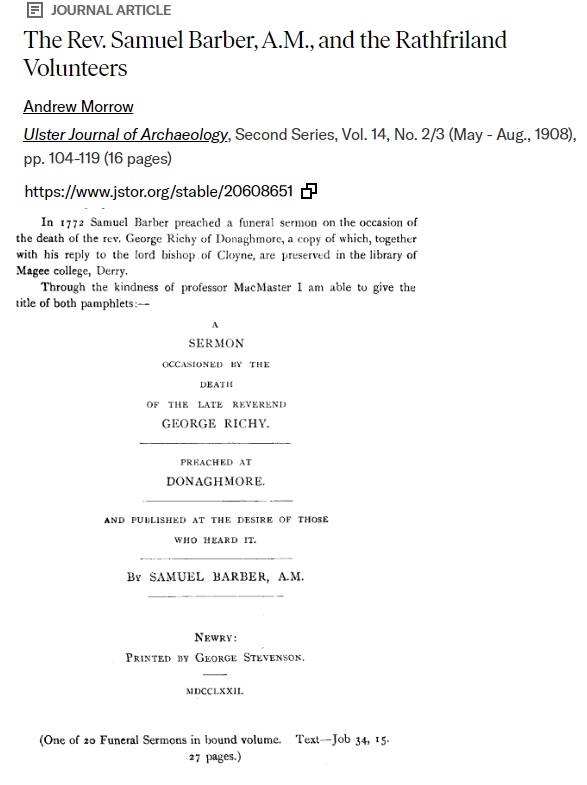
Sermon preached by Rev Samuel Barber (jStor)
His name appears in the Irish Will Index for 1772. It states he died at Fairview, near Warrenpoint.

Unfortunately the wills were destroyed in the Great Fire in 1922 at the Public Record Office.
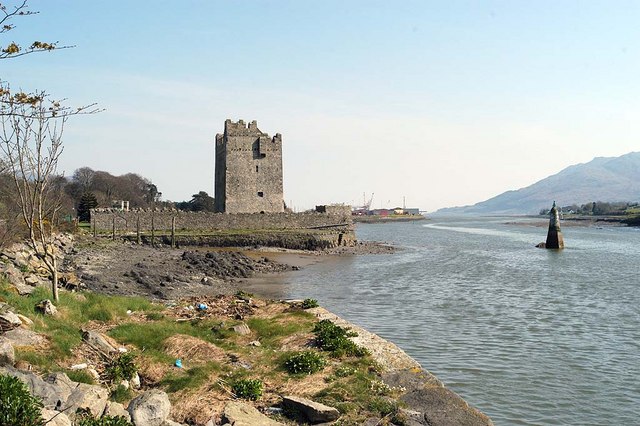
Narrow Water Castle, Warrenpoint, Down
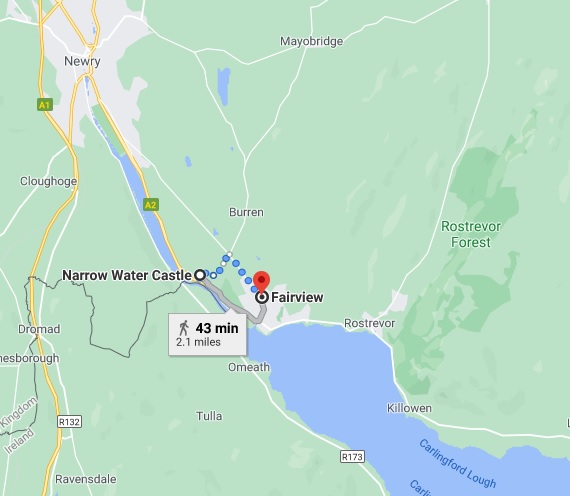
Map of Fairview, Warrenpoint and Newry
After the death of George Richey in 1771, his widow Elizabeth Richey, nee McCombe, continued to receive a relief fund from the Diocese of Dromore. These payments were listed in the Records of the General Synod of Ulster 1691-1820 from 1778 until her death in 1785.
